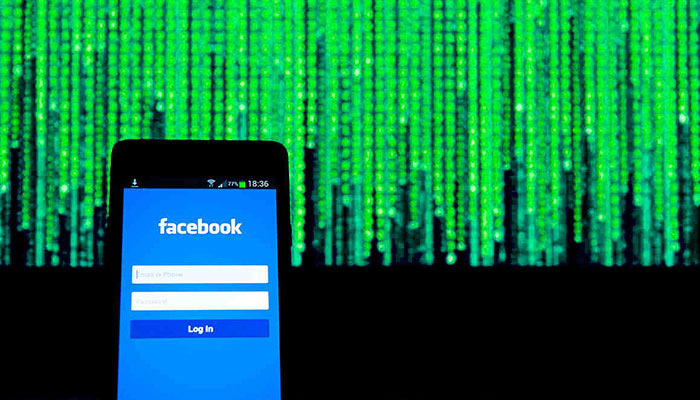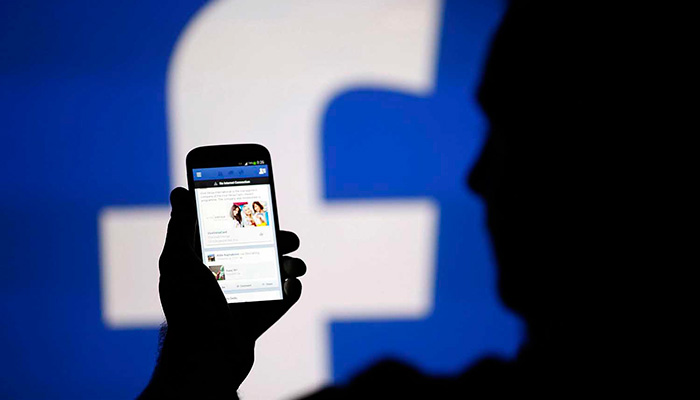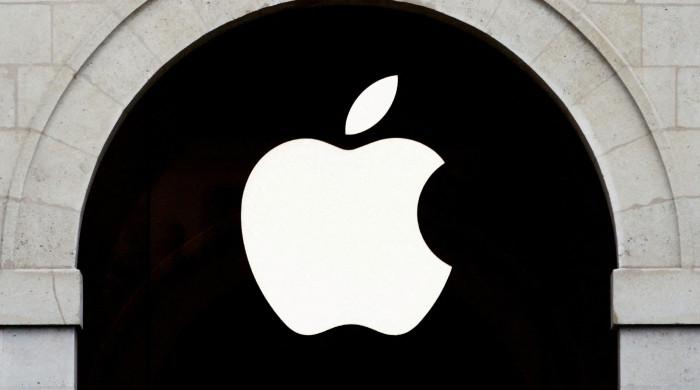Pakistan takes top spot for blocking content on Facebook
Facebook says it restricted access to 2,203 items in Pakistan, the highest number of content restrictions for any country in the first six months of 2018
November 19, 2018

KARACHI: Facebook says it blocked over 2,203 posts or videos in Pakistan for allegedly violating local laws, the highest number of content restrictions for any country in the first six months of the year.
In the latest update of its biannual Transparency report released on Friday, the social networking website said it restricted access to 15,337 items from January to June 2018—14 percent or 2,203 of which came from Pakistan.
"We restricted access in Pakistan to items reported by the Pakistan Telecommunication Authority as allegedly violating local laws prohibiting blasphemy, harassment, anti-judiciary content, and condemnation of the country's independence," the social networking website said.
This was the first time Facebook said it restricted access to items allegedly violating Pakistani laws prohibiting anti-judiciary content.
"We also restricted access to 87 items in response to reports related to defamation," it added.
Facebook did not break down the number of requests for each type of content restriction or give details of individual items blocked.
"When we restrict content based on local law, we do so only in the country or region where it is alleged to be illegal. We report the number of pieces of content restricted in each country or region where our products are available."
This was highest number of restrictions on content in Pakistan since June 2013, when the social networking website started releasing statistics of requests from governments and local authorities from across the world in its biannual report.
In comparison, Facebook restricted access to only 301 items in the previous six months for allegedly violating laws against blasphemy, hate speech, harassment, and condemnation of the Pakistan's independence. From Jan-Jun 2014, Facebook blocked access to 1,773 items in Pakistan primarily reported by PTA and the Ministry of Information Technology.
Pakistan was followed by Brazil (1,855 requests), Germany (1,764 requests), Turkey (1,634 requests), Russia (1,546 requests) and India (1,524 requests) in terms of content restrictions in the first six months of this year.

Pakistan govt requested data of 1,609 user accounts
In the same period, the Pakistani government made a total of 1,233 requests for data of 1,609 user accounts, 92 of which were emergency requests while the rest (1,141) were categorised as 'Legal Process'. Facebook said it responded by providing data on 58 percent of all requests from Pakistani authorities.
Facebook says it responds to government requests for data in accordance with applicable local laws and its terms of service. "Each and every request we receive is carefully reviewed for legal sufficiency and we may reject or require greater specificity on requests that appear overly broad or vague," it said in its report.
In the same period this year, Pakistani authorities separately made 430 requests to preserve information of 580 user accounts.
Facebook says it accepts government requests to preserve account information pending receipt of formal legal process. It did not say what kind of data was being sought.
"When we receive a preservation request, we will preserve a temporary snapshot of the relevant account information but will not disclose any of the preserved records unless and until we receive formal and valid legal process," it said.
From January to June this year, the highest number of data requests were made by the United States (42,466), followed by India (16,580), United Kingdom (7,981), Germany (6,661), France (5,110), Brazil (2,991), Italy (2,401), Poland (1,842), Canada (1,566), and Spain (1,476). Pakistan was at number 13 in terms of total requests for user account data.
Facebook is the most popular social networking website in Pakistan. The latest statistics on Facebook censorship come at a time when the company is grappling with challenges ranging from fake news to its role in elections interference, hate speech and incitement to violence in the US, Myanmar, India and other countries.
In August, PTA informed a Senate Standing Committee that Facebook, YouTube and other social media platforms comply with requests from the government to block objectionable content.
Earlier this month, Federal Information and Broadcasting Minister Fawad Chaudhry said the government has decided to regulate social media in its effort to fight 'fake news'. The minister said the Pakistan Tehreek-i-Insaf (PTI) government is working on a new regulatory body, Pakistan Media Regulatory Authority (PMRA), to oversee and regulate print, electronic and social media.
In previous years, the Pakistani government has blocked access to websites including Facebook, Youtube, Twitter, and others for content it deemed blasphemous or anti-state propaganda.











